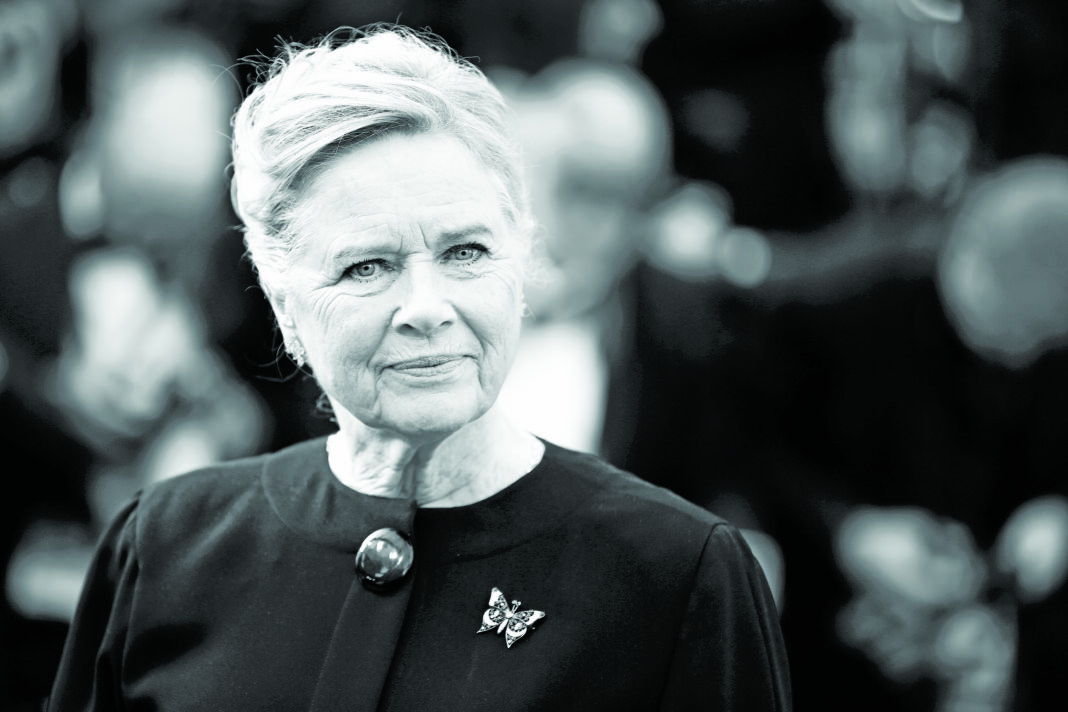There’s a very mean thing often said about a strife-filled partnership: On the bright side, it made two people miserable instead of four. Considering that Liv Ullmann and Ingmar Bergman’s professional and personal liaison began when both were married to other partners, one might not be able to find even that silver lining.
The Norse actress Ullmann comes to the Christopher B. Smith Rafael Film Center this week to commemorate the Swedish director’s centenary (he was born on July 14, 1918). The critic Julian Murphy has described one of these films, Autumn Sonata (1978), as a particularly good gateway into Bergman’s work. Also showing is the 2012 Dheeraj Akolkar documentary Liv and Ingmar, in which Ullman speaks of the “painful connection” between her and her director.
Bergman was in his 40s, 20 years older than her when they met. He was controlling and forbidding, and was as capable of locking himself up in his study as he was of locking the doors on his actresses. Ullmann’s account of their life in Liv and Ingmar describes how he almost froze her and burned her alive on the same shoot—it was for 1968’s Shame, probably a movie worth dying for.
After the two separated, Ullmann went to Hollywood and was cast in big-money flops. Time and Newsweek put her on the cover as a Nordic screen goddess, but time brought her back to Bergman, and she was there the day he died in 2007.
Those who are confident that there cannot be such a thing as an anti-war movie need to see Shame, about a pair of gentle berry-growers, made refugees by a fictional civil war. Bergman and Ullmann’s lucid nightmare dwarves all of the many post-apocalyptic films that we can’t seem to get enough of in this century.
A Tribute to Liv Ullmann, Feb. 2-4, Christopher B. Smith Rafael Film Center, 1118 Fourth St., San Rafael; 415/454-5813; rafaelfilm.cafilm.org.









